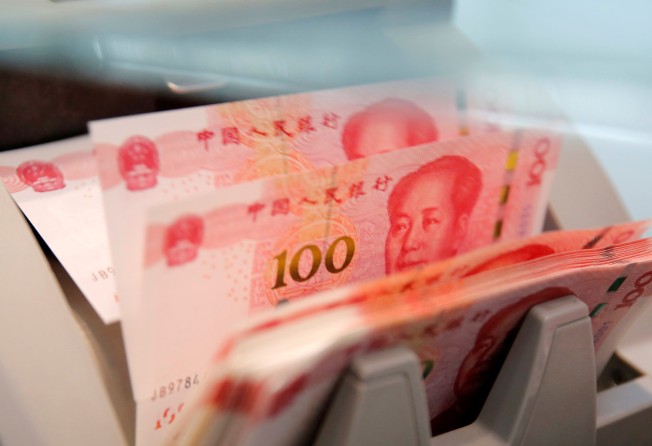China pledges to improve tax regime for business
Beijing improves value-added tax (VAT) overhaul, its most ambitious tax reform in more than two decades

Beijing on Friday pledged to cut red tape and improve China’s tax regime as part of its ongoing value-added tax (VAT) overhaul, the country’s most ambitious tax reform in more than two decades.
The overhaul was extended to the four remaining sectors of finance, construction, property and consumer services, on May 1, 2016, so the reform now covers all industries. The VAT progressively began to replace the business tax since a trial run in Shanghai in 2012.
The reform was touted as easing the tax burden of all industries as it is collected incrementally based on the surplus value added at each stage of production, compared with the business tax that was levied on gross revenue.
In the future, China will address issues including improper tax rate structure and the problem where a small number of taxpayers face a higher tax burden due to insufficient tax offsetting items, according to a statement posted on the central government’s website on Friday, quoting a State Council meeting presided over by premier Li Keqiang.
The government said earlier that although the overhaul trims tax for all sectors, there were still 2 per cent of taxpayers who didn’t benefit from tax cuts.
In daily practise, some businesses may find it difficult to qualify for the tax cut as they may not be able to provide solid proof, such as a VAT invoice from upstream enterprises to offset the tax included in the prices of their purchases of products or services.
The State Council said the government will address remaining problems in future tax reform, including improving tax policies for the manufacturing, finance and construction sectors.
“The meeting sends a strong signal that the central government will keep improving the VAT regime to benefit more business players and tackle issues raised from different sectors and different types of business,” said Robert Li, a PwC tax partner. “In addition, the increasingly popular use of e-invoice will also help improve efficiency and help trim business costs.”
From the full extension of VAT to all industries on May 1 last year until June this year China has trimmed the tax burden of mainland businesses by 850 billion yuan (US$127.5 billion), according to the State Council meeting.
A total of 1.61 trillion yuan in taxes have been trimmed since the start of the overhaul.